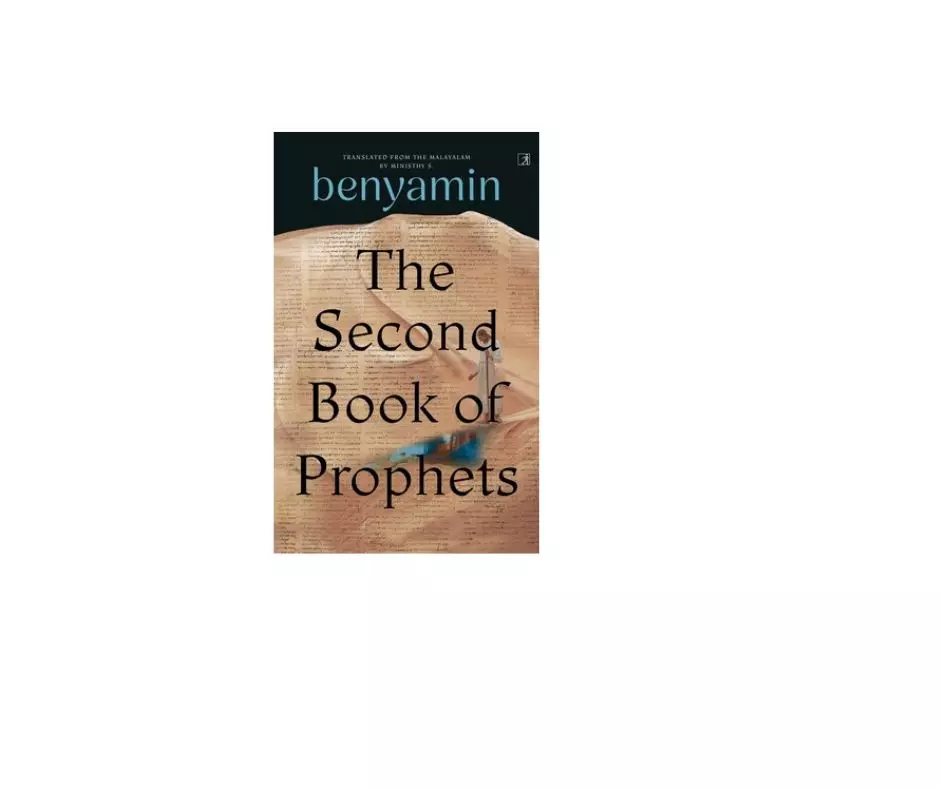Book Review | The Radicalism of Jesus Christ Portrayed Affectingly
Malayalam author Benyamin shot to prominence among English-reading circles when he was awarded the 2014 JCB Prize for his novel Mullappoo Niramulla Pakalukal, translated into English

It doesn’t take being a socialist revolutionary to recognise the obvious overlap between the doctrines of Christianity and a broad left-leaning politics. Setting aside the much richer and nuanced overlaps between the religion and leftist politics in Latin America, the narrative around Jesus Christ being a socialist revolutionary will not come as much of a surprise even to anyone as unhealthily online as this particular critic: the notion has oft been circulating among parts of the Anglo-American left flank, if only as something meant to highlight the hypocrisies of the far more Christian right.
The Malayalam author Benyamin shot to prominence among English-reading circles when he and his translator Shahnaz Habib were awarded the 2014 JCB Prize for his novel Mullappoo Niramulla Pakalukal, translated into English as Jasmine Days. More recently, a film adaptation of his most well-known work, Aadujeevitham (Goat Days), has propelled him into much greater mainstream attention across India and the Middle East. In this poetic retelling, he contemporises and politicises the story of Christ and his twelve disciples, recasting and grounding the myth of Christ in the social intricacies of Judea.
But does this imply yet another ham-fisted marriage between scripture and present politics? Has Benyamin gone woke? The curious case of a career in translation even as celebrated as his own means that so much of Benyamin’s oeuvre seems to be attaining critical mass well after its original publication. This original text was published as Pravachakanmarude Randaam Pusthakam in 2007. It precedes Goat Days by a year; Jasmine Days received its flowers almost a decade later.
All of which is to also say that where so many Indian writers have fallen into quicksand of the present, its myriad seductive specificities, Benyamin’s novel goes in the opposite direction. In his prose, the writer lets go of some of the realism of his best-known works here, hoists the narrative on the stilts of a style that is lyrical more overtly formal than one would expect. The result is hauntingly evocative. Consider one of the opening lines of the novel as Peter approaches Hebron: “Slumber had quickly dragged him into its cool caverns. When he opened his eyes, the night had pitched camp on the canopy of the gnarled, ancient trees.” Elsewhere, in a moment of tension between the apostles, “wordless moments crawled by, like a sea turtle”.
Most compelling is the author’s tussle with the idea of man and miracle: The most famous of Jesus’s miracles, where he turns water into wine, is grounded in a forthright understanding of how the gospel of the saviour spread across the land. Perhaps too much ink is spilled over the admin of messianism, in the internecine tussles that culminate in his crucifixion. But Benyamin suffuses this most famous of narratives with enough emotional heft and observational beauty to make it well worth the while.
The Second Book of Prophets
By Benyamin
Tr. by Ministhy S.
Simon & Schuster
pp. 240; Rs 599

